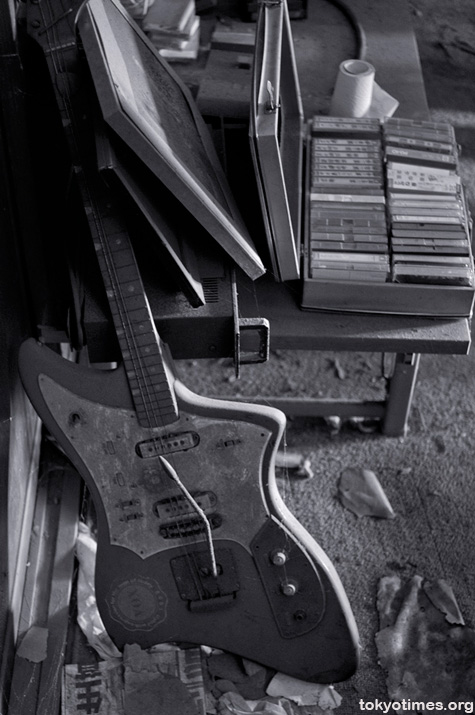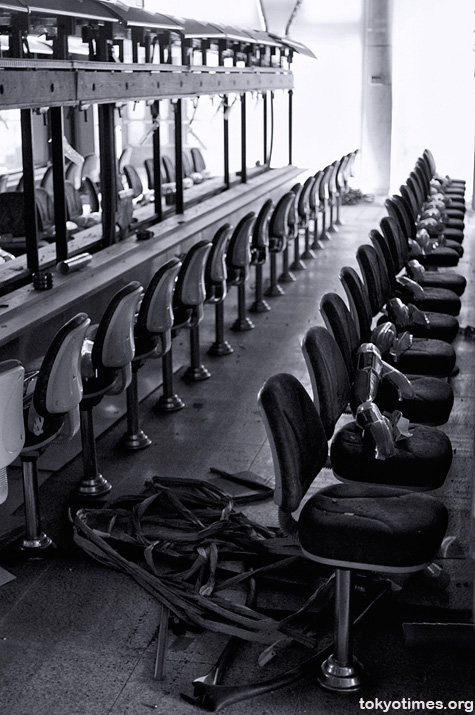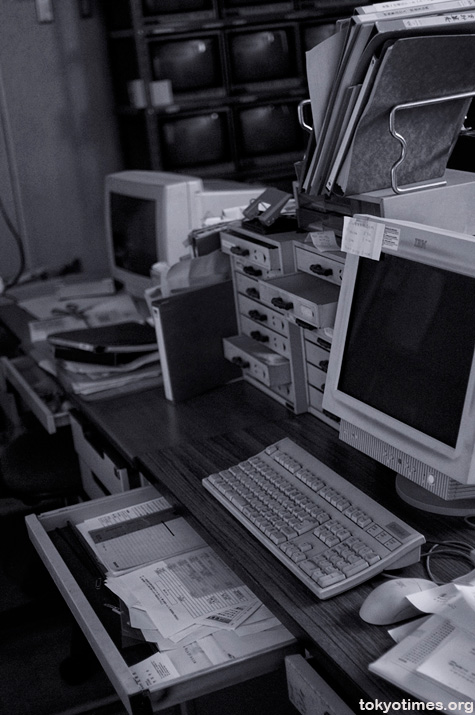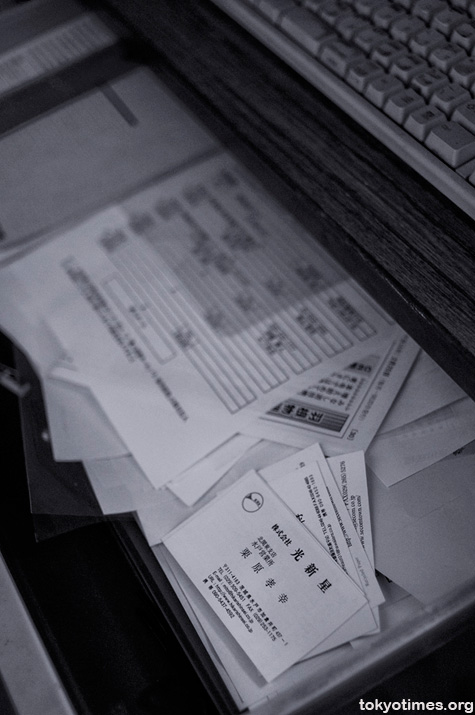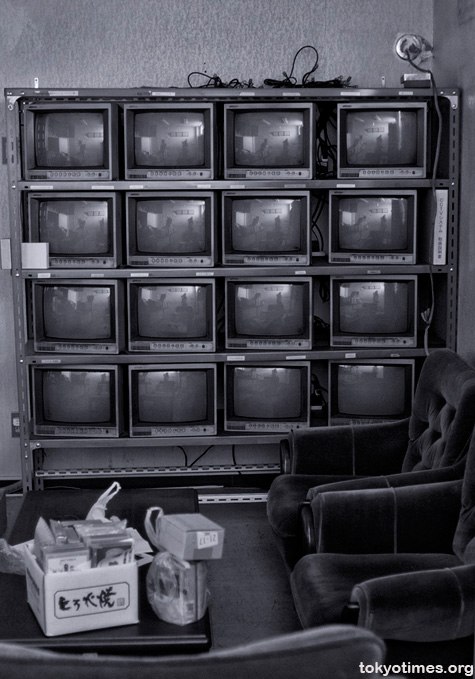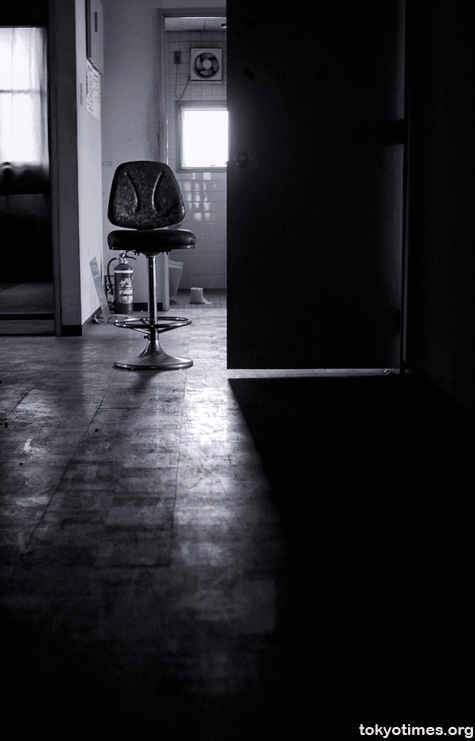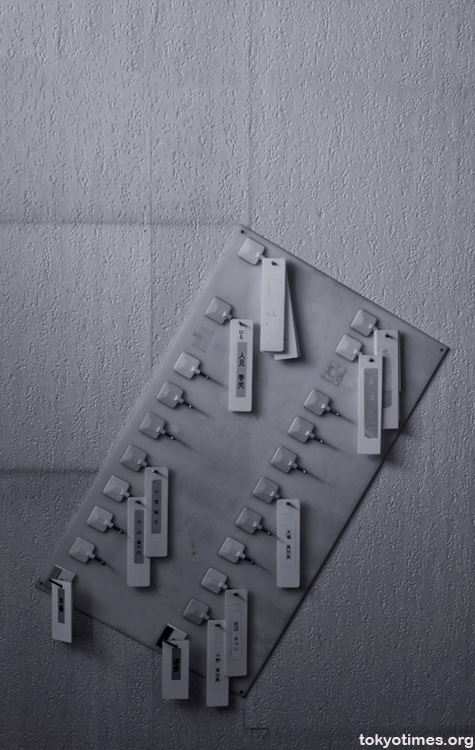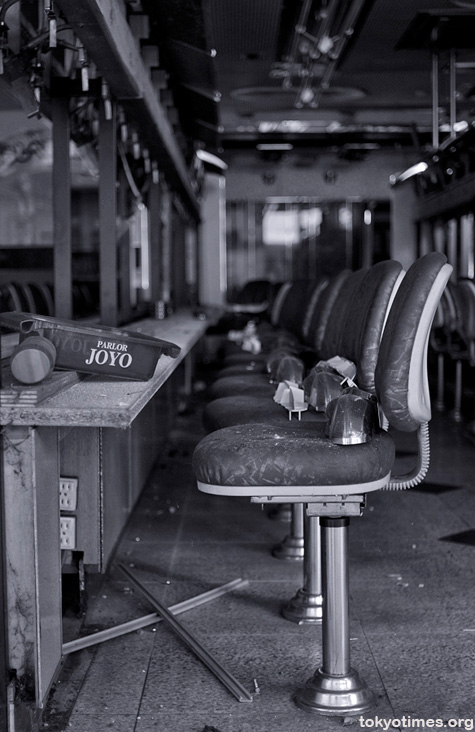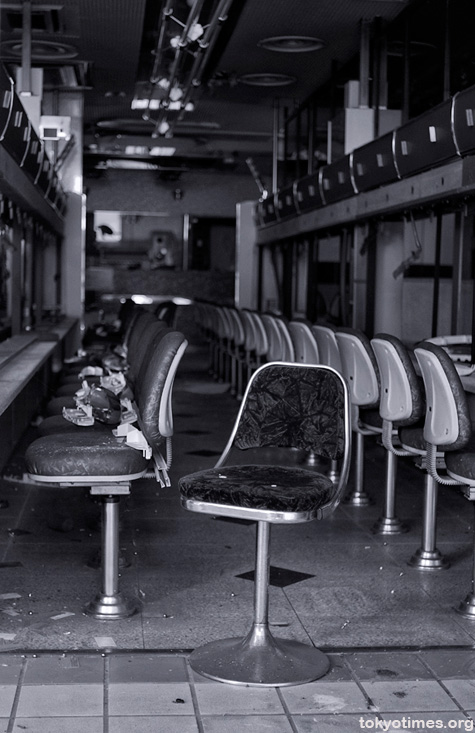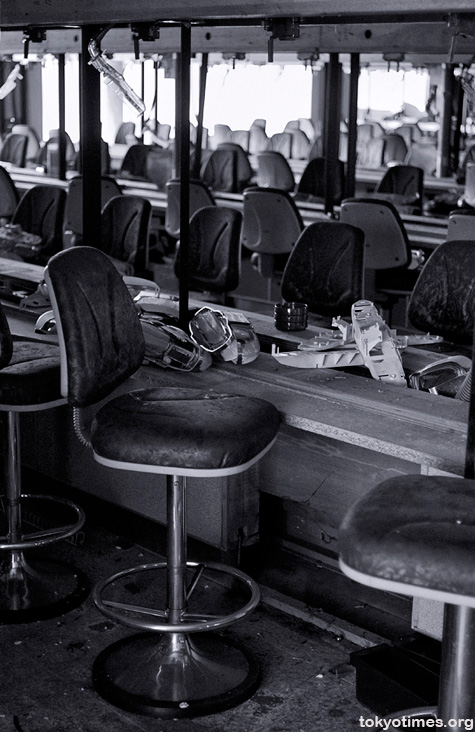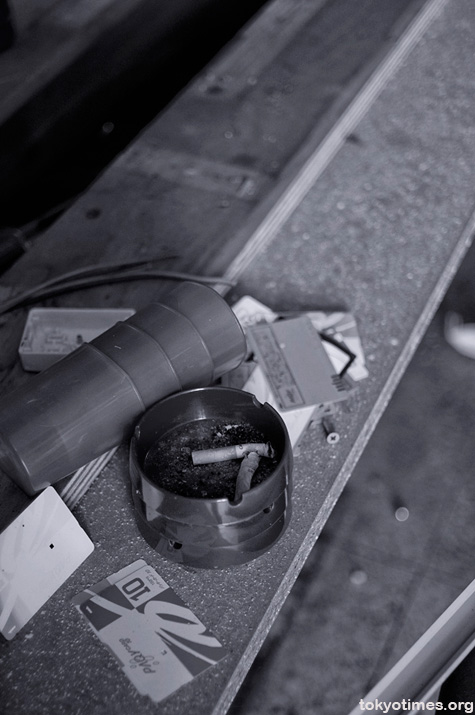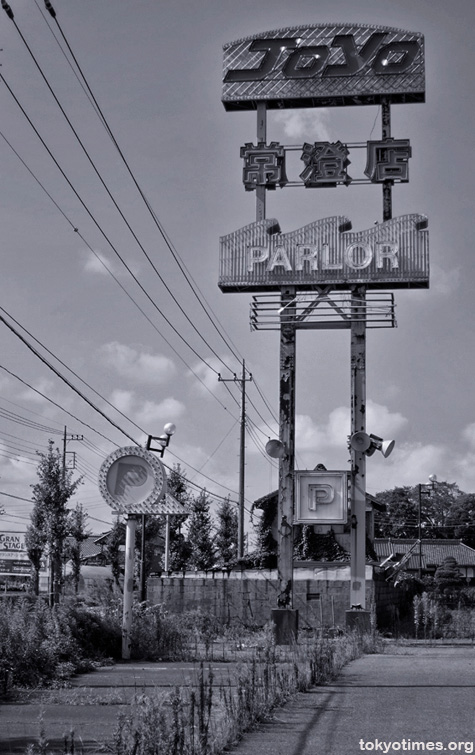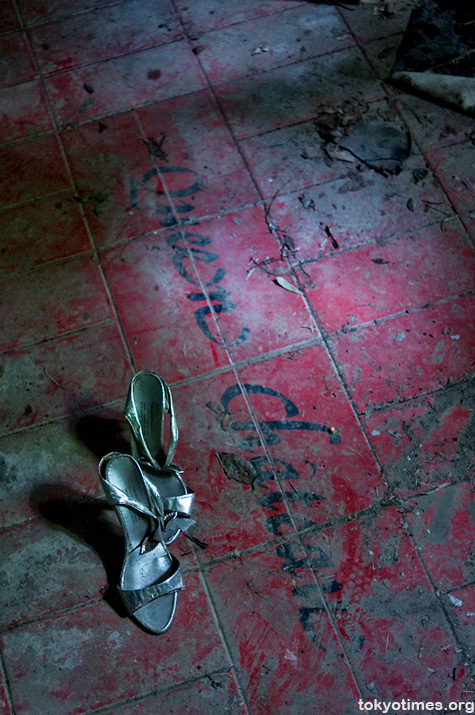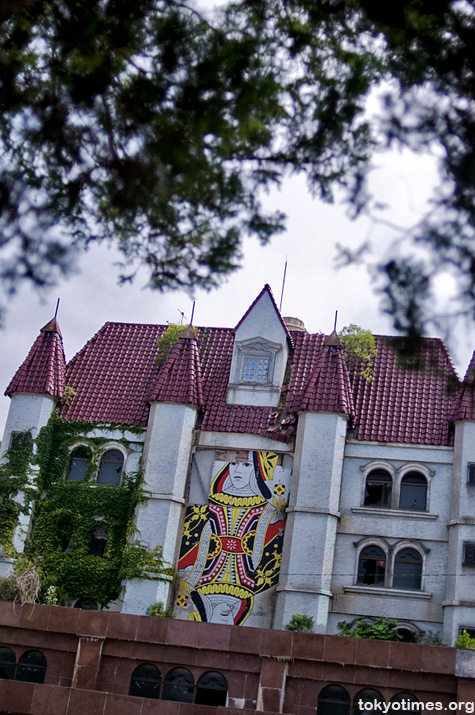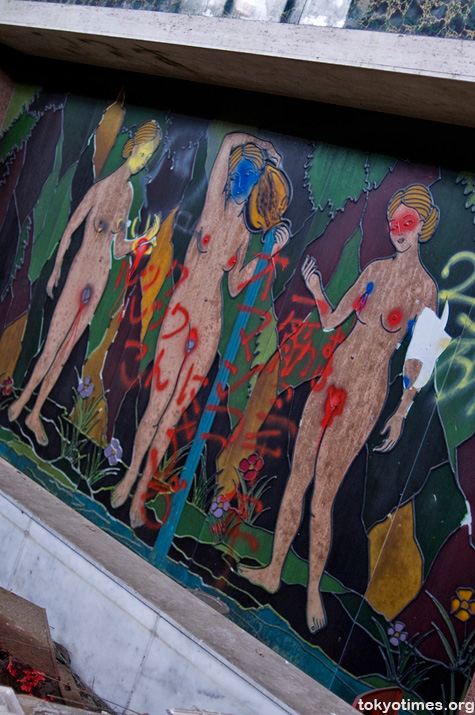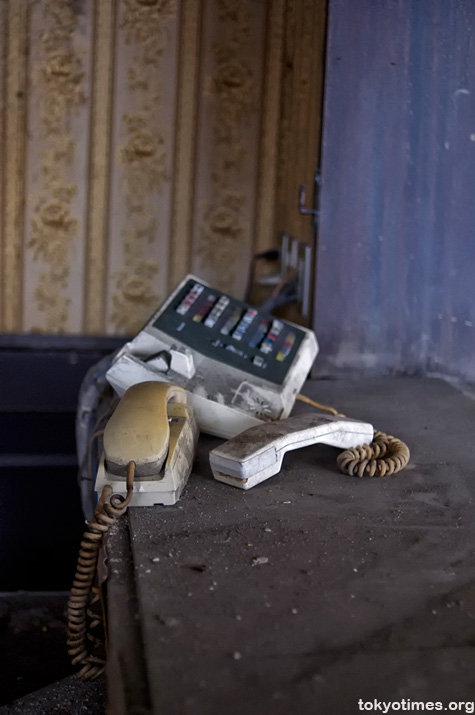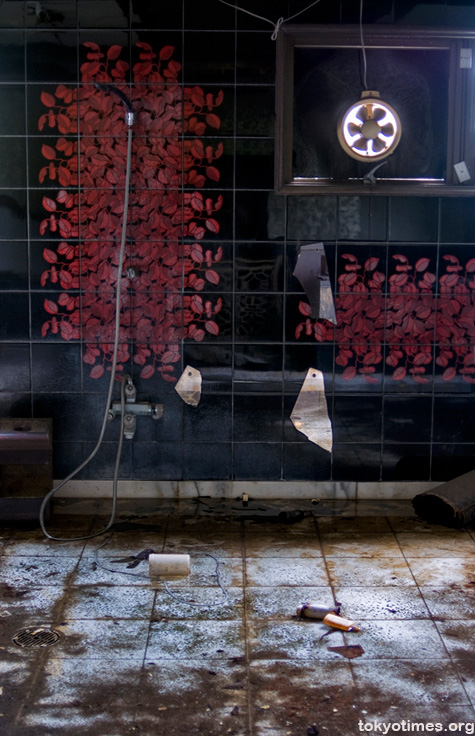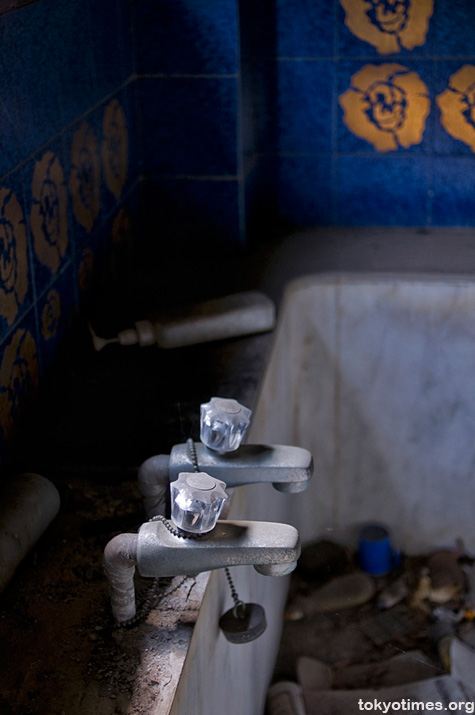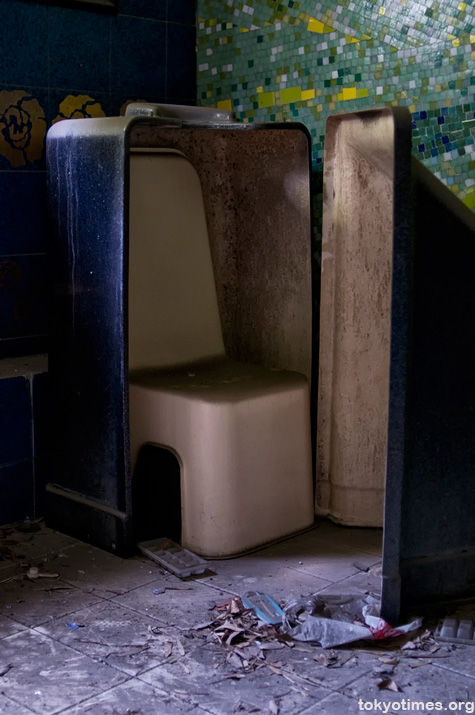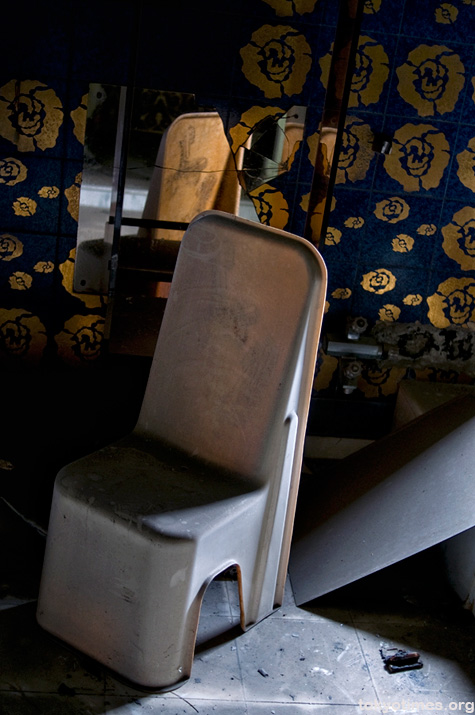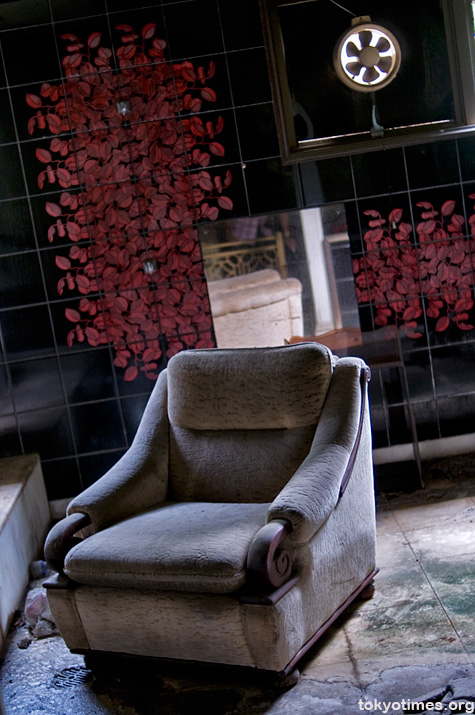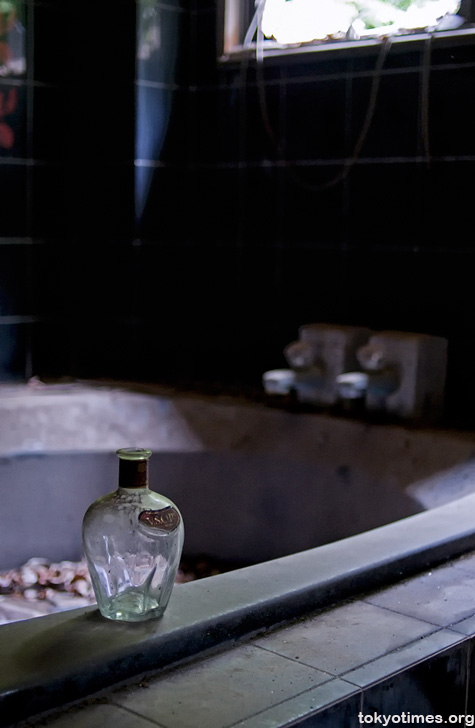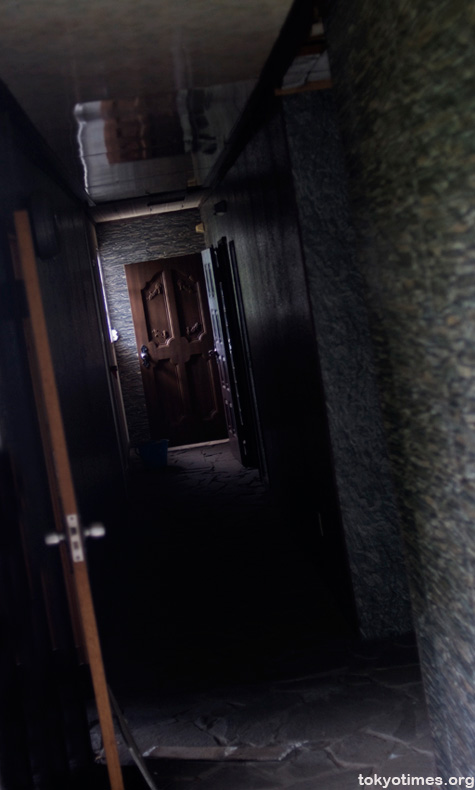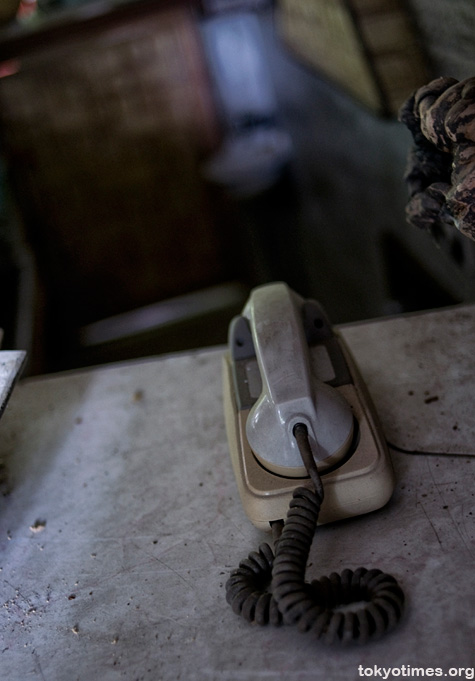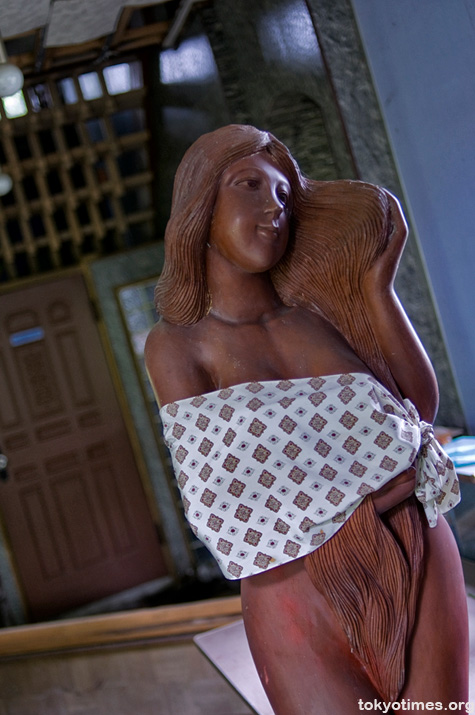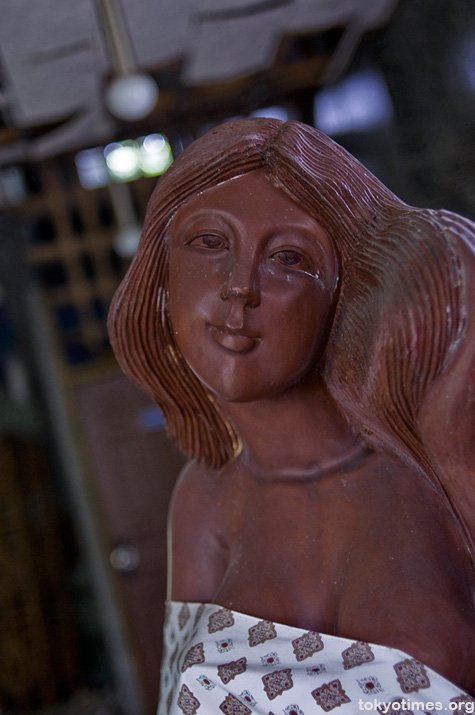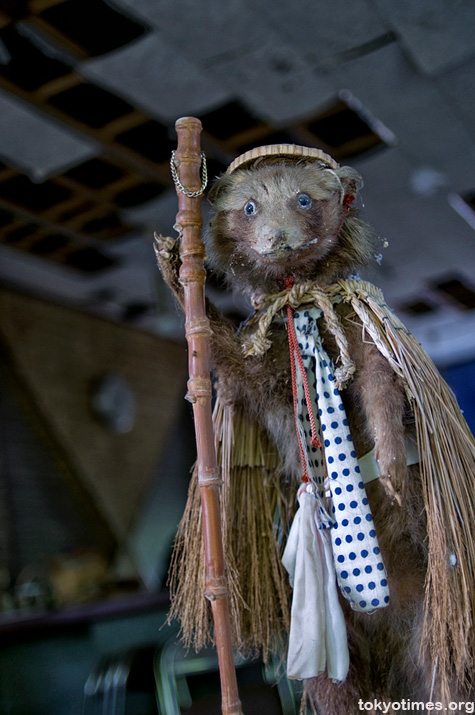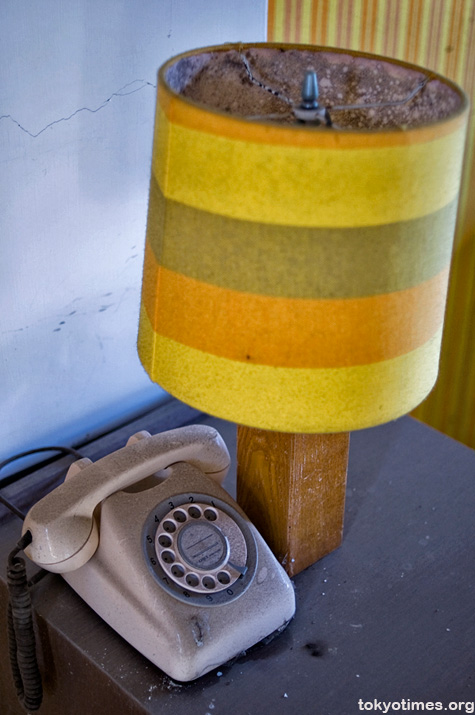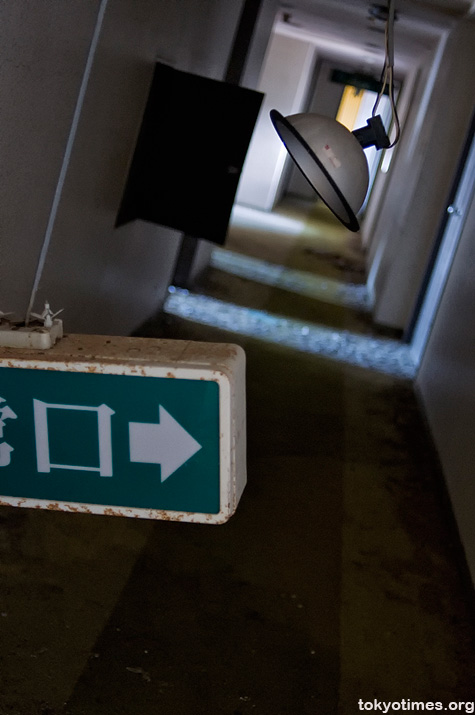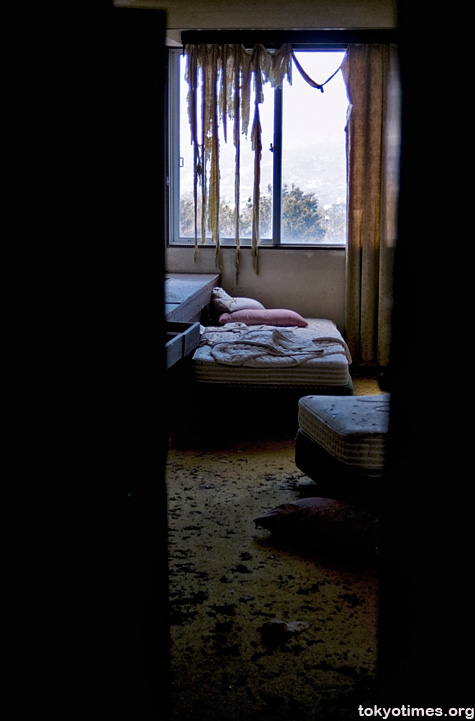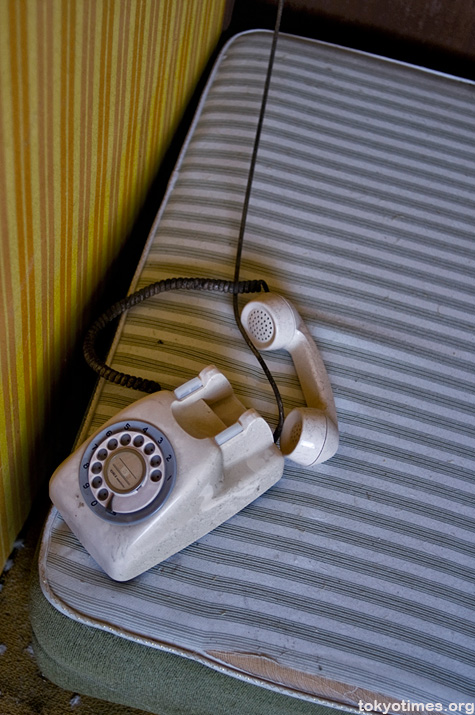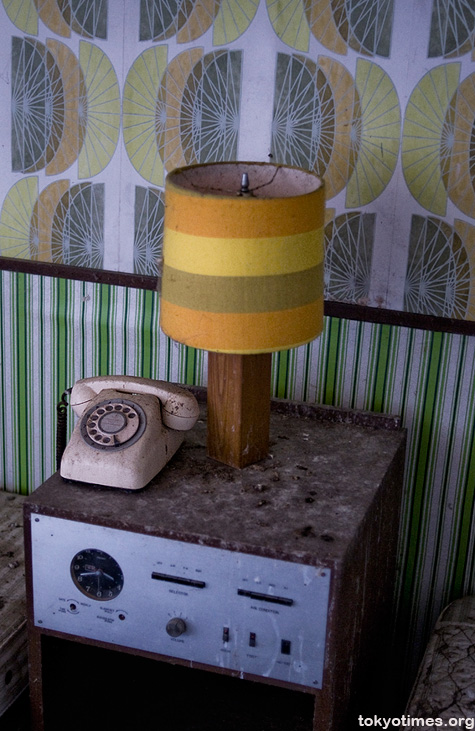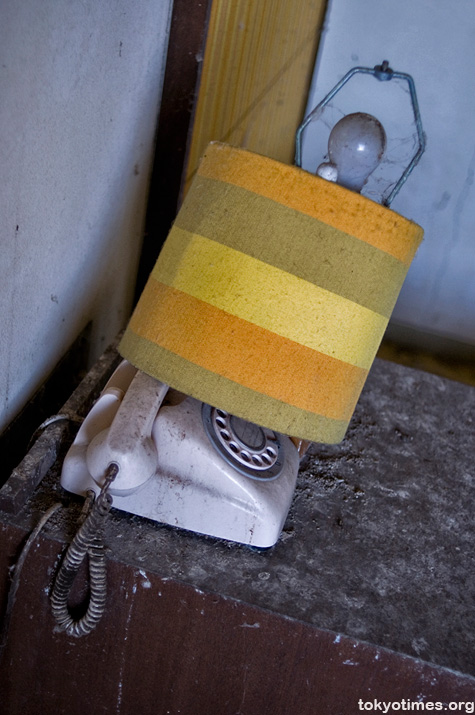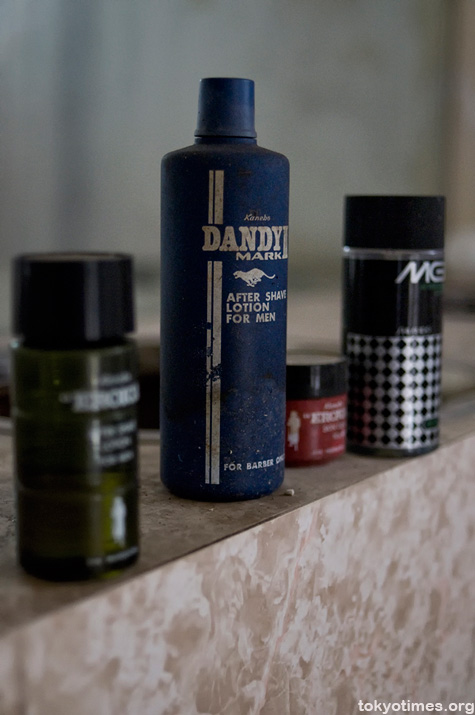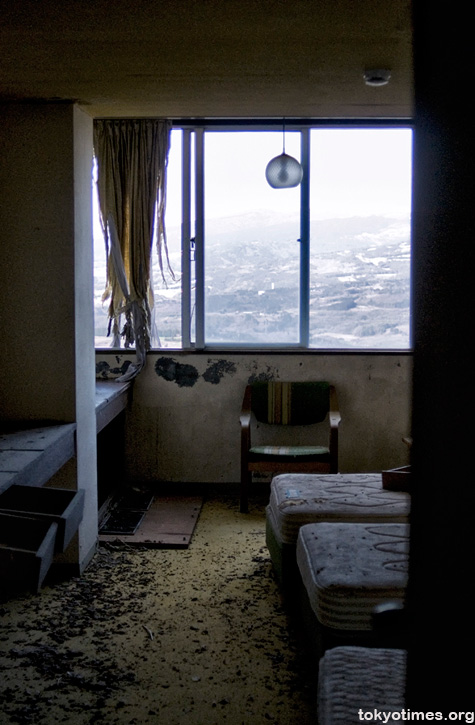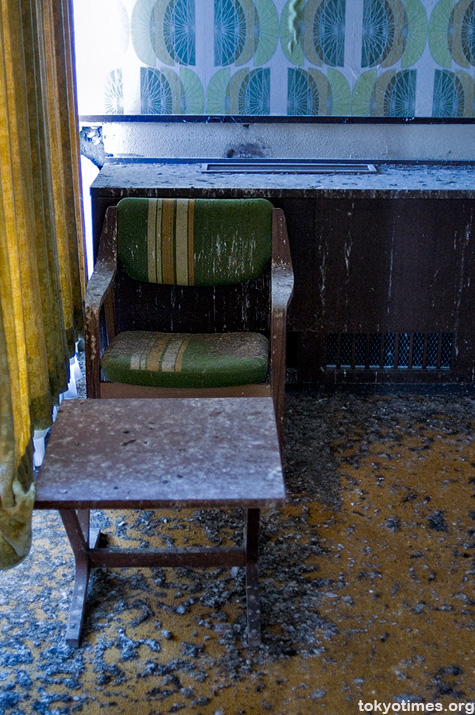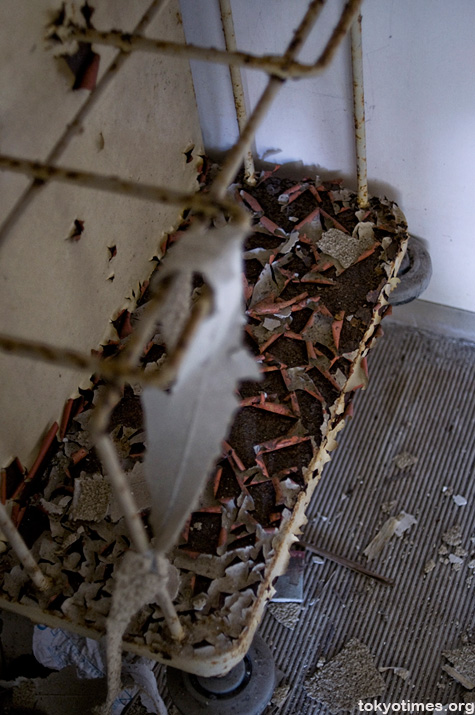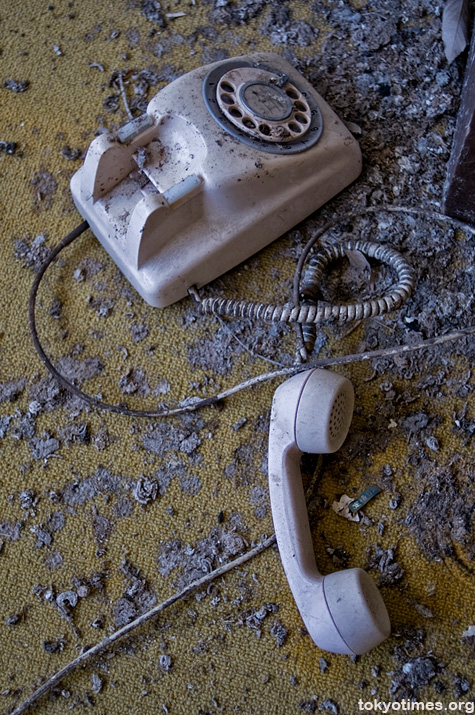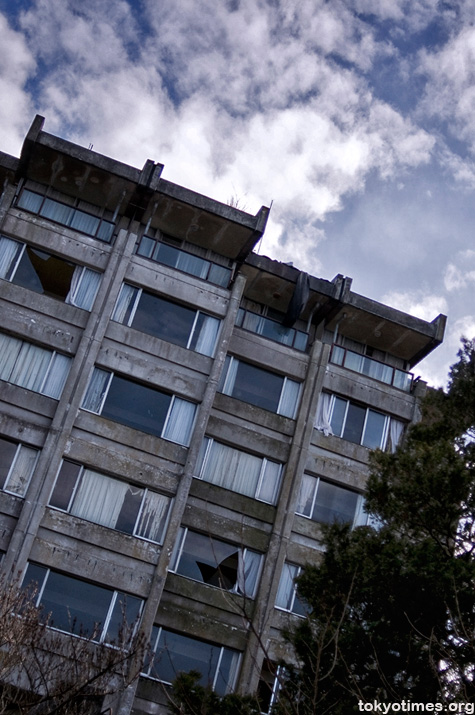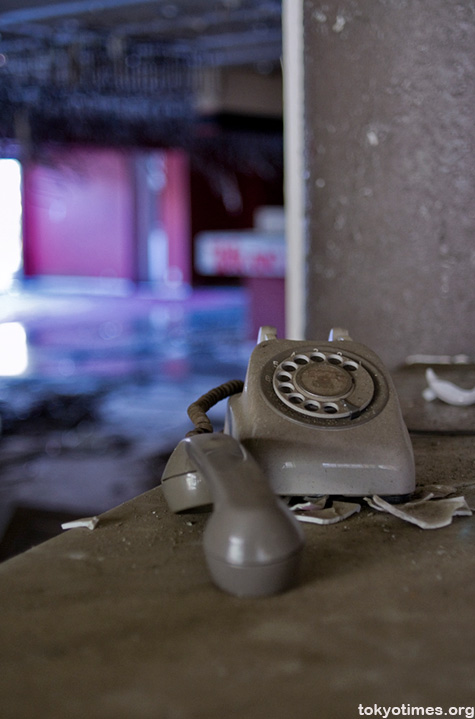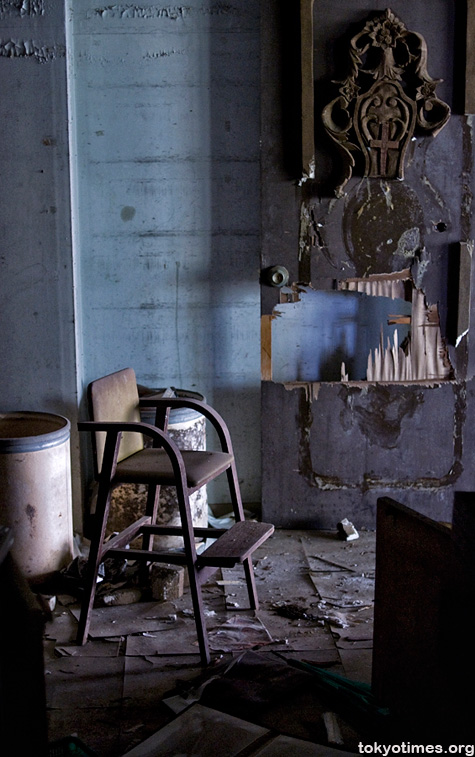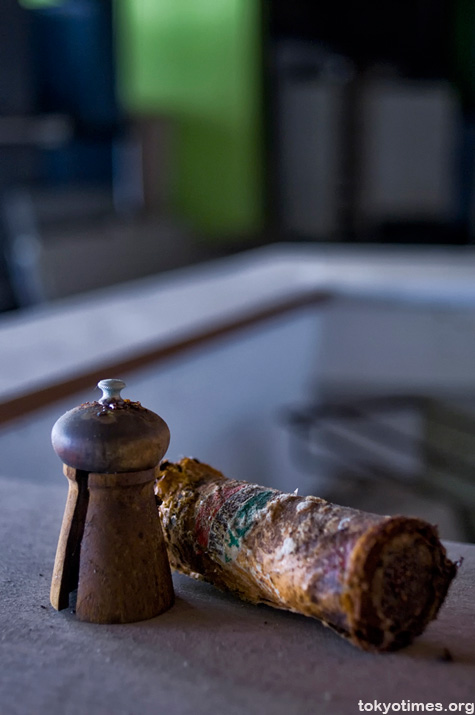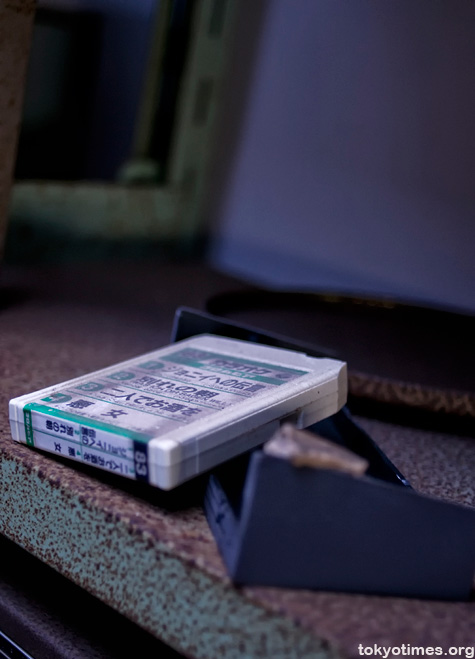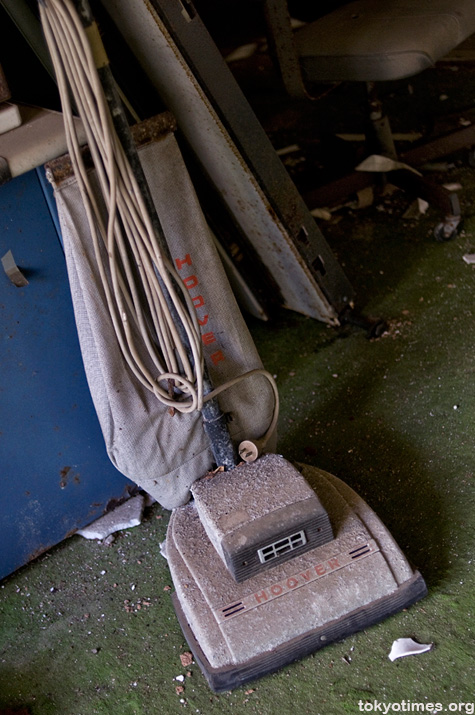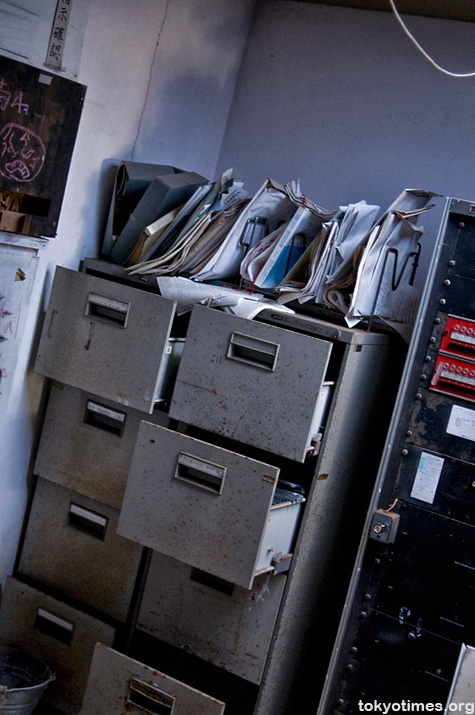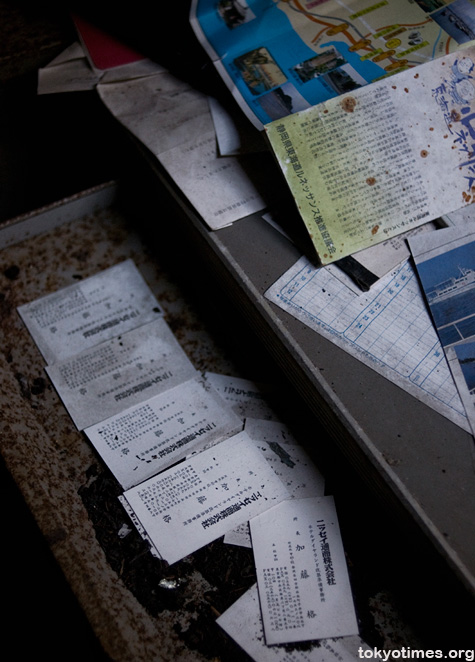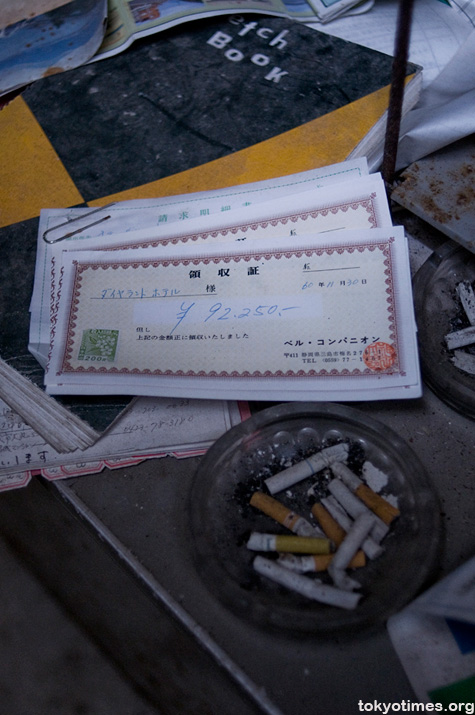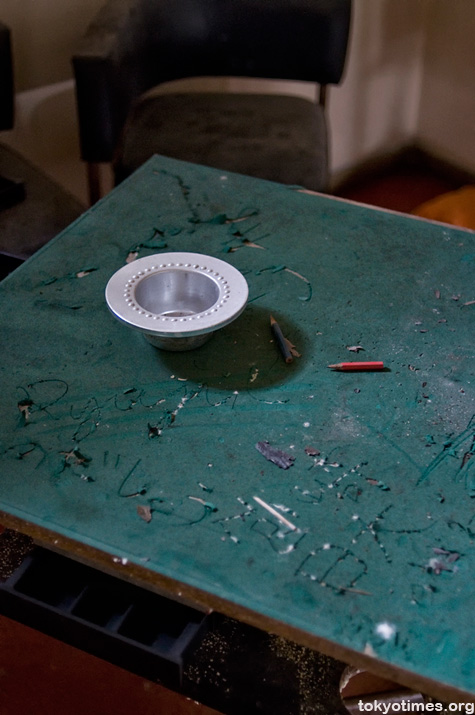Urban exploration undoubtedly means different things to different people, but for me personally, visiting an abandoned building/haikyo is all about what’s been left behind rather than the actual building itself. Well, apart from a few very special cases that is; namely Kawatana Suicide Squad Training Centre, Mount Asama Volcano Museum, and the recently posted Joyo Pachinko Parlor. All of which were incredibly interesting simply as structures, and/or what they stood for.
But that said, they really aren’t the kinds of places I would initially seek out when searching for a new haikyo to visit; this small and sad-looking house on the other hand, is.
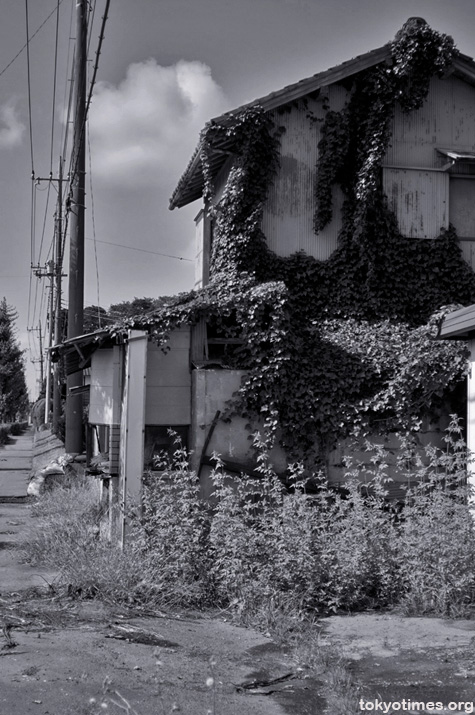
A chance find that, as soon as we walked through the unlocked door, felt like entering someone’s life. Or at least past life. Particularly as there on display was a picture of the one-time occupant himself.
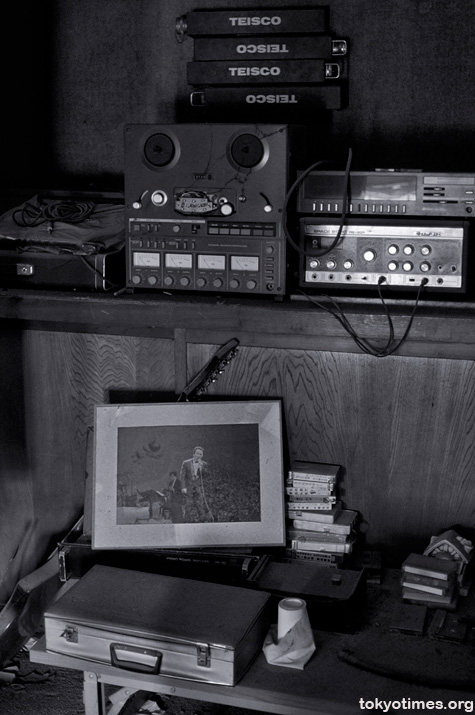
Plus, due to a certificate of thanks on the wall, it was possible to find out his name, Shouji Masakatsu, and that in 1985 he was a singer on the inaugural journey of the Varuna ferry; its three day trip taking them from Oarai in Ibaraki, to Muroran in Hokkaido.
A vessel that, just like the man who once performed on it, has now moved on, but as it was sold to a Greek tour company, it could still be operating somewhere in the Aegean Sea, although it presumably sails to the sound of very different songs. And in regards to music, lyrics for some of the ballads that could well have been part of Masakatsu’s set on the Varuna all those years ago, are still in the house — all carefully copied out.
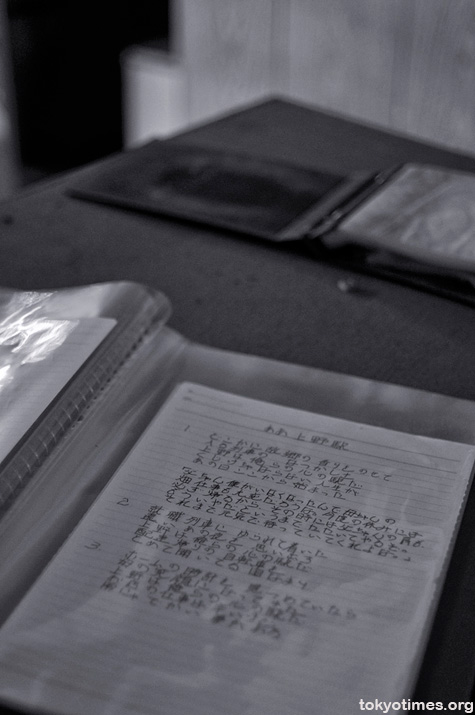
And a version of one of them, sung by somebody else, can be heard here:
But boats aside, music was obviously not only Masakatsu-san’s livelihood, but also his love, as the house is still packed with an assorted array of instruments,
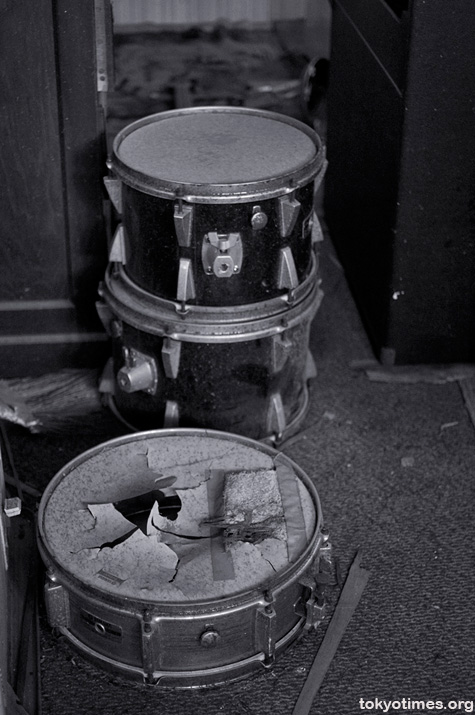
gear,
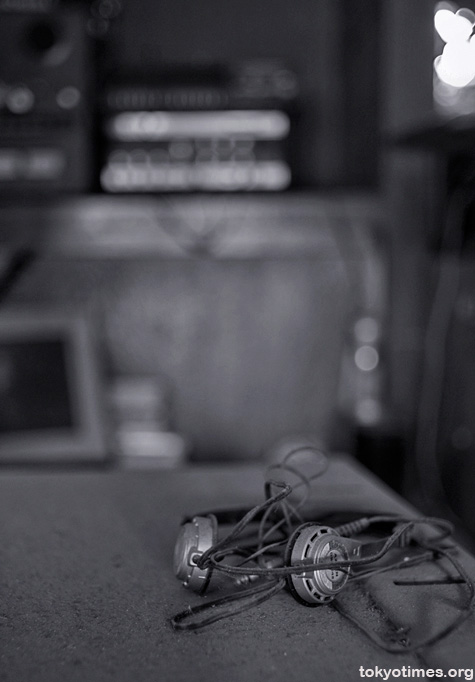
and mementos.
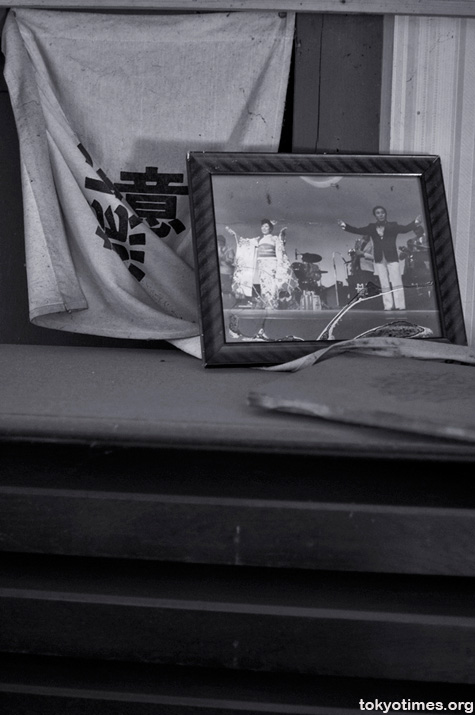
Along with the suggestion that he may also have liked golf, but quite possibly didn’t really care for cooking.
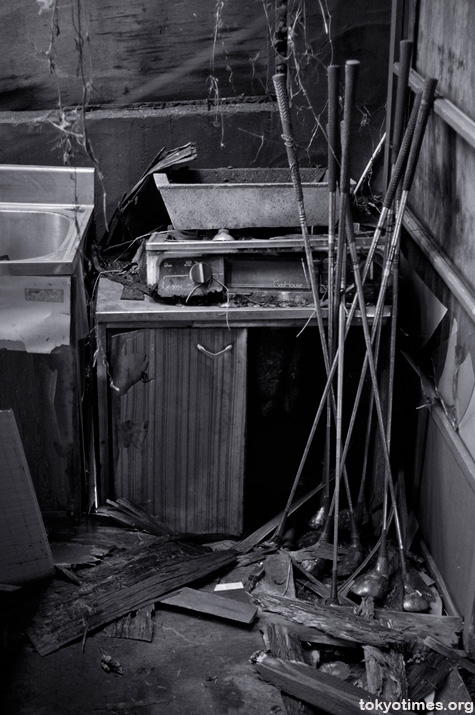
It was a very similar story upstairs too, although several more personal items made the man’s presence almost palpable.
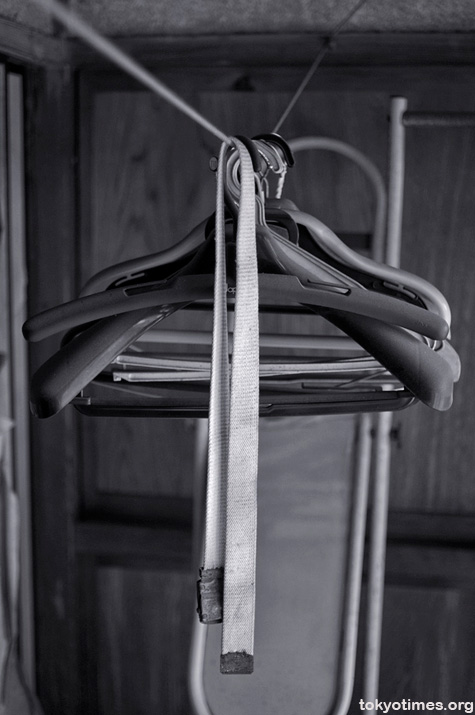
Especially with his jacket still waiting in the wardrobe.
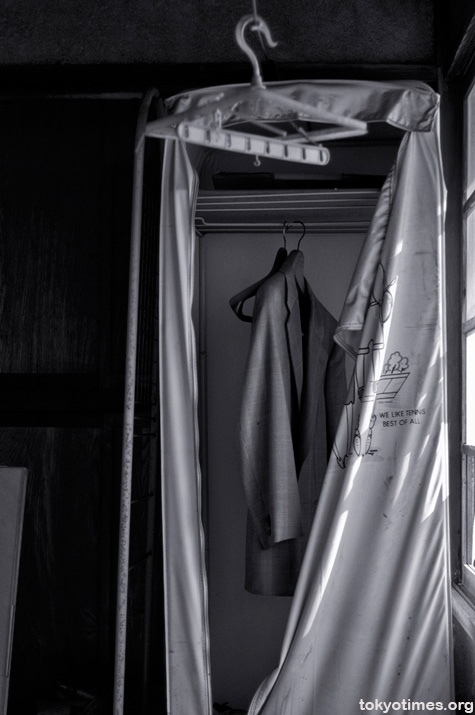
And music was again a big theme, with an old school cassette player,
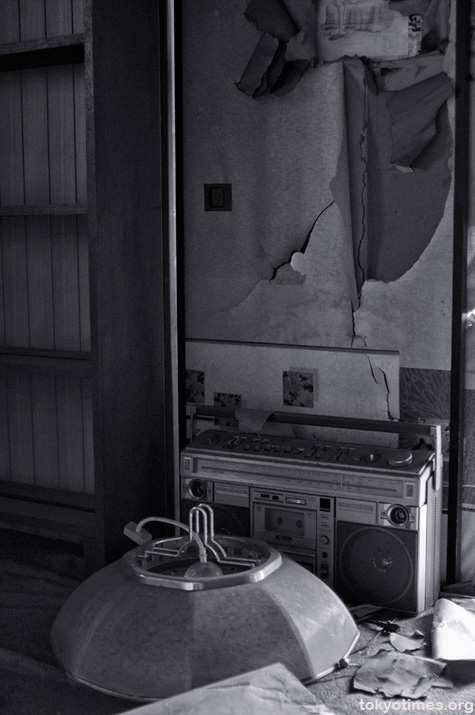
and a radio alarm clock still in the bedroom.
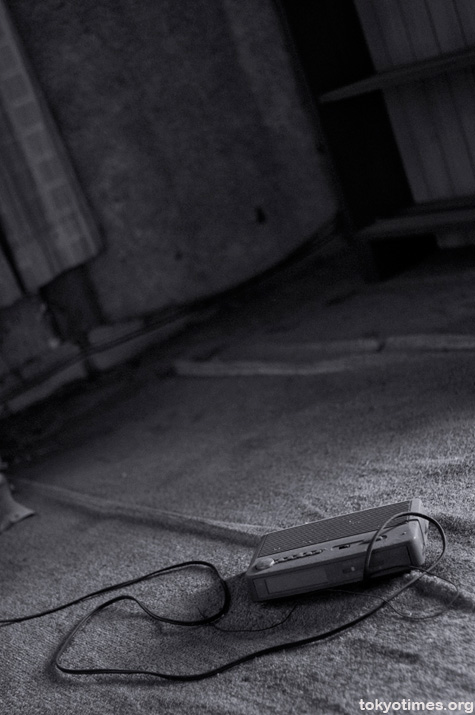
A room that was not only bleak, but also contained a newspaper dated 1997, suggesting that was the last time Shouji Masakatsu spent a night there.
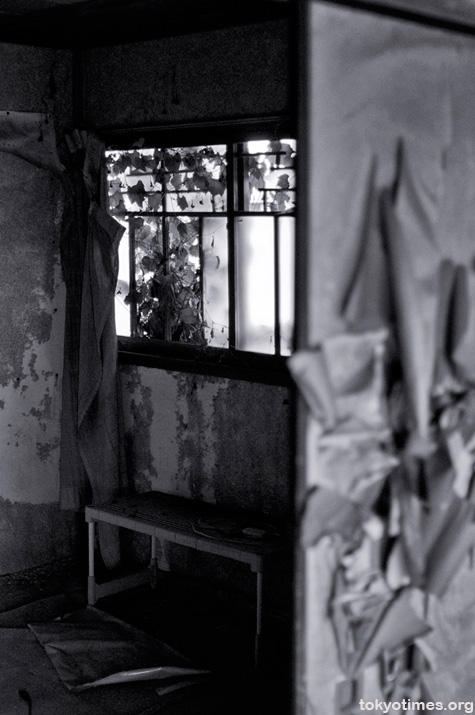
But why he left, and more pressingly also left so many possessions, is a mystery. The selection of which made the deathly quiet of the house almost deafening.
